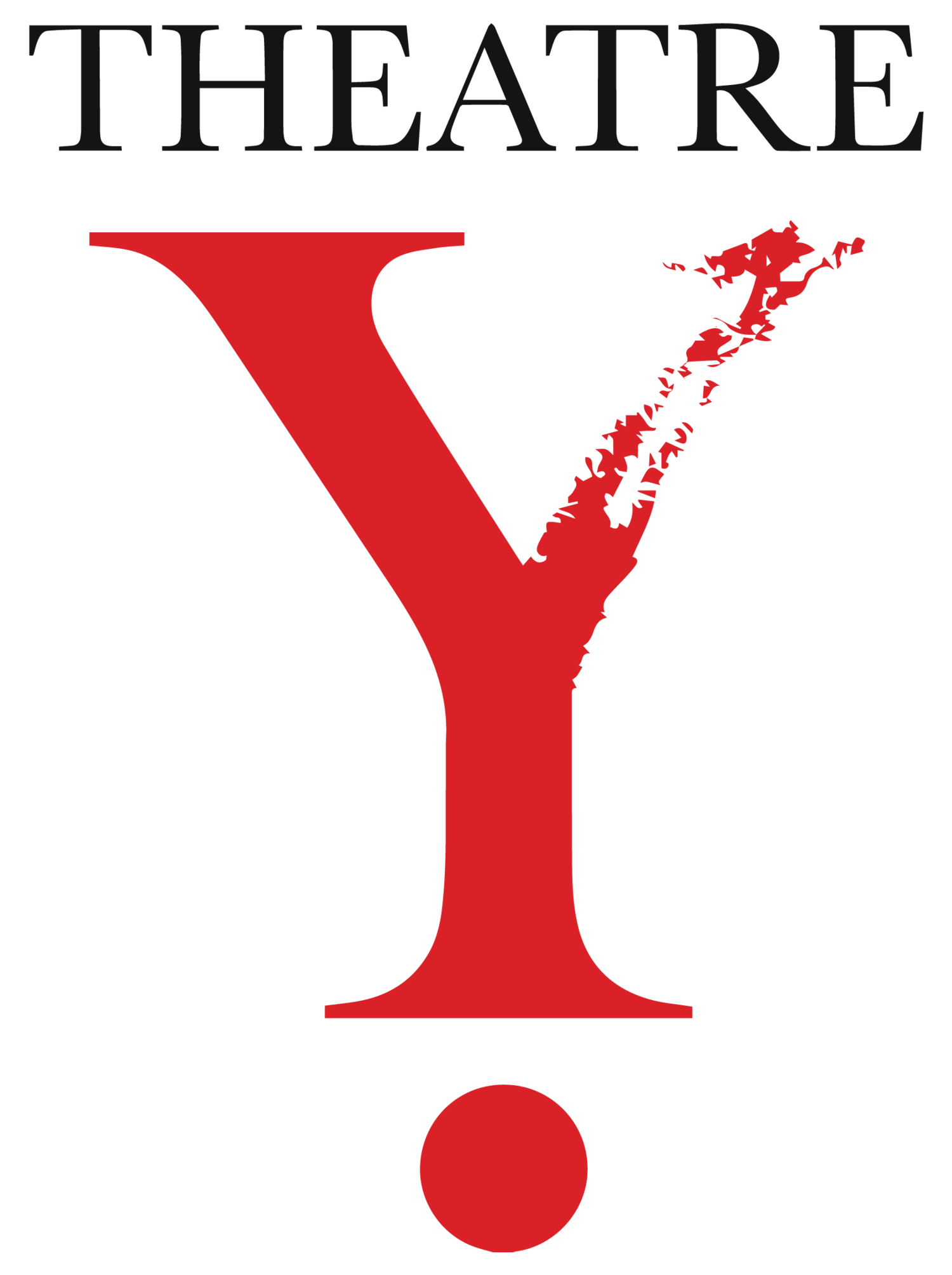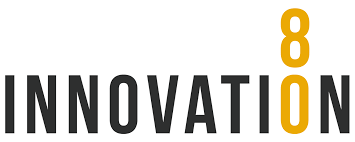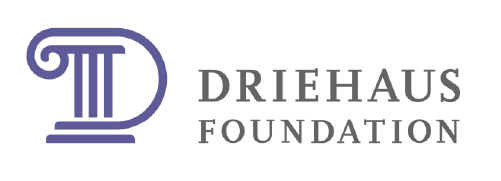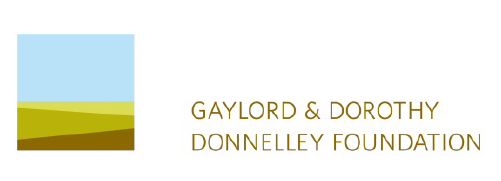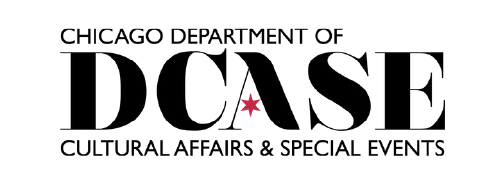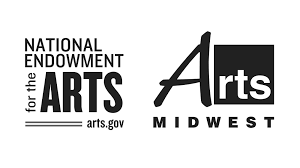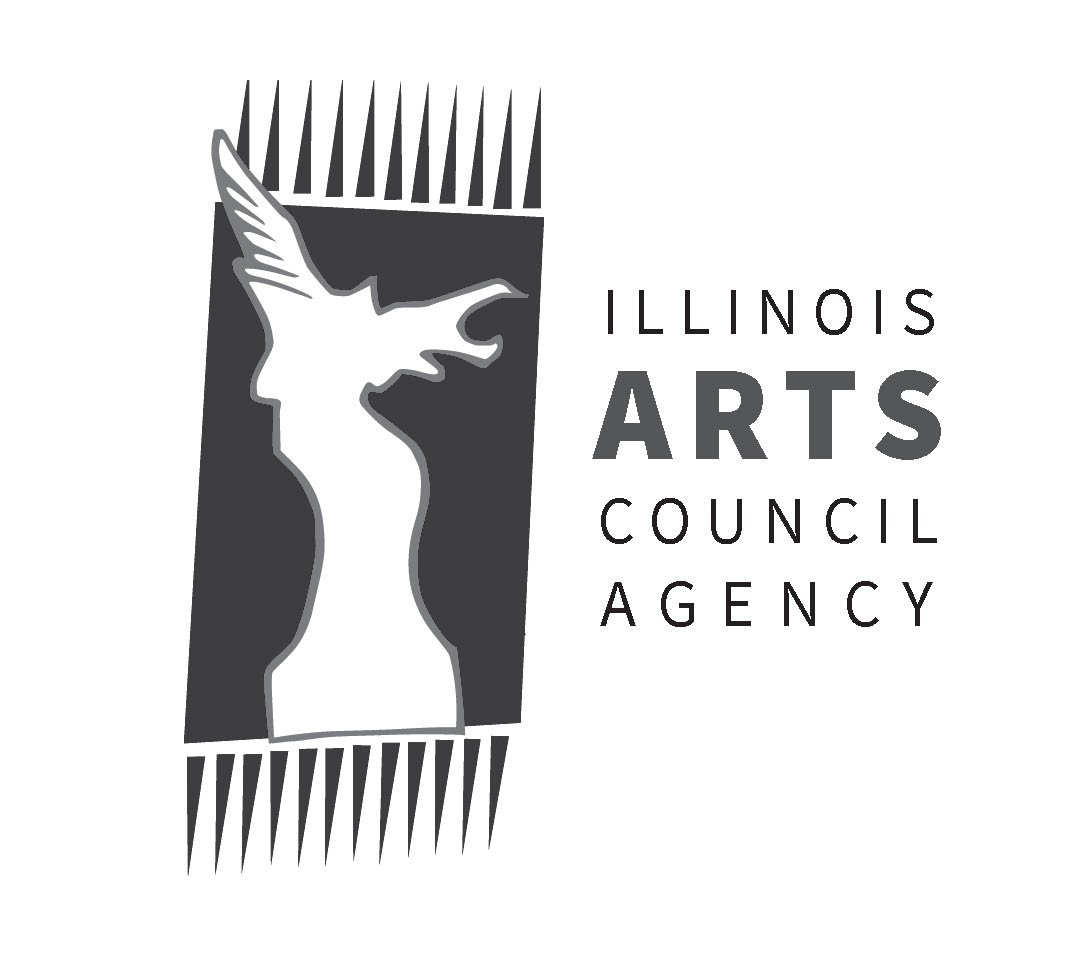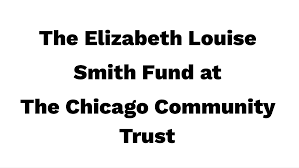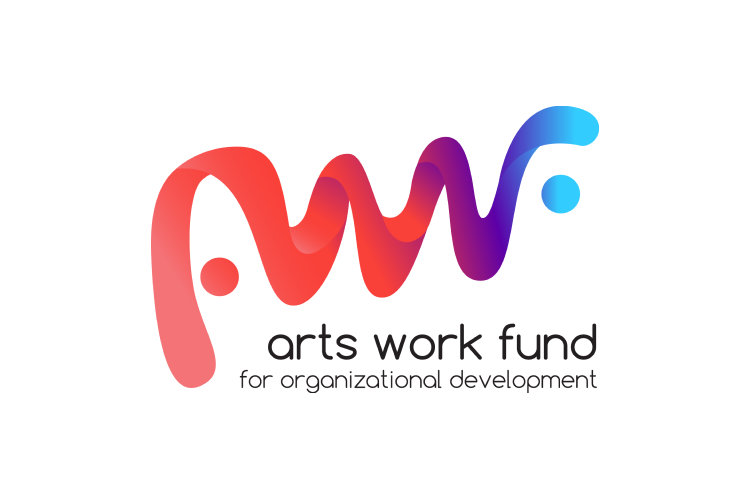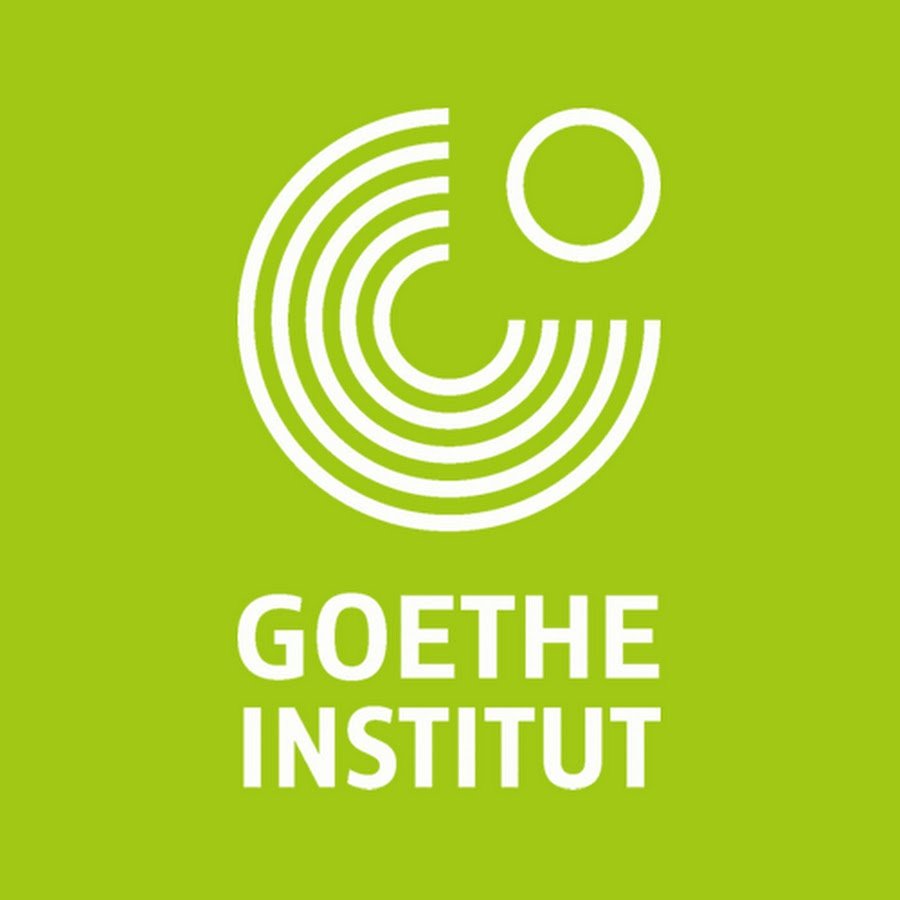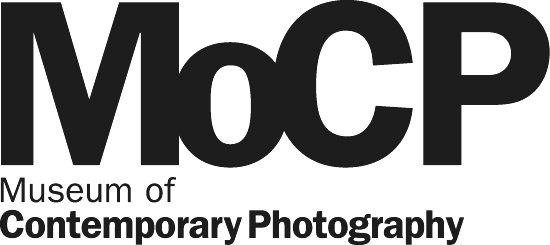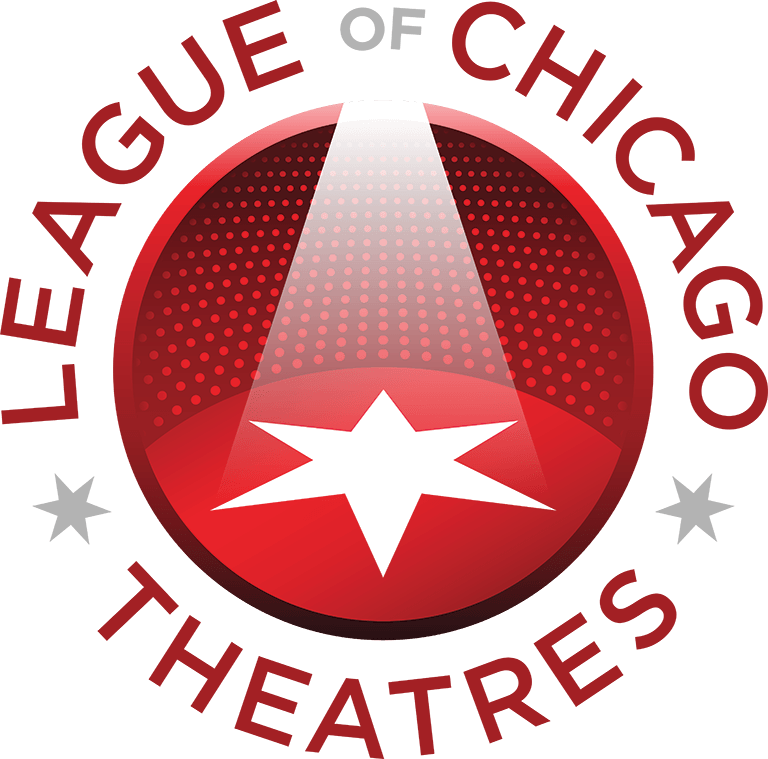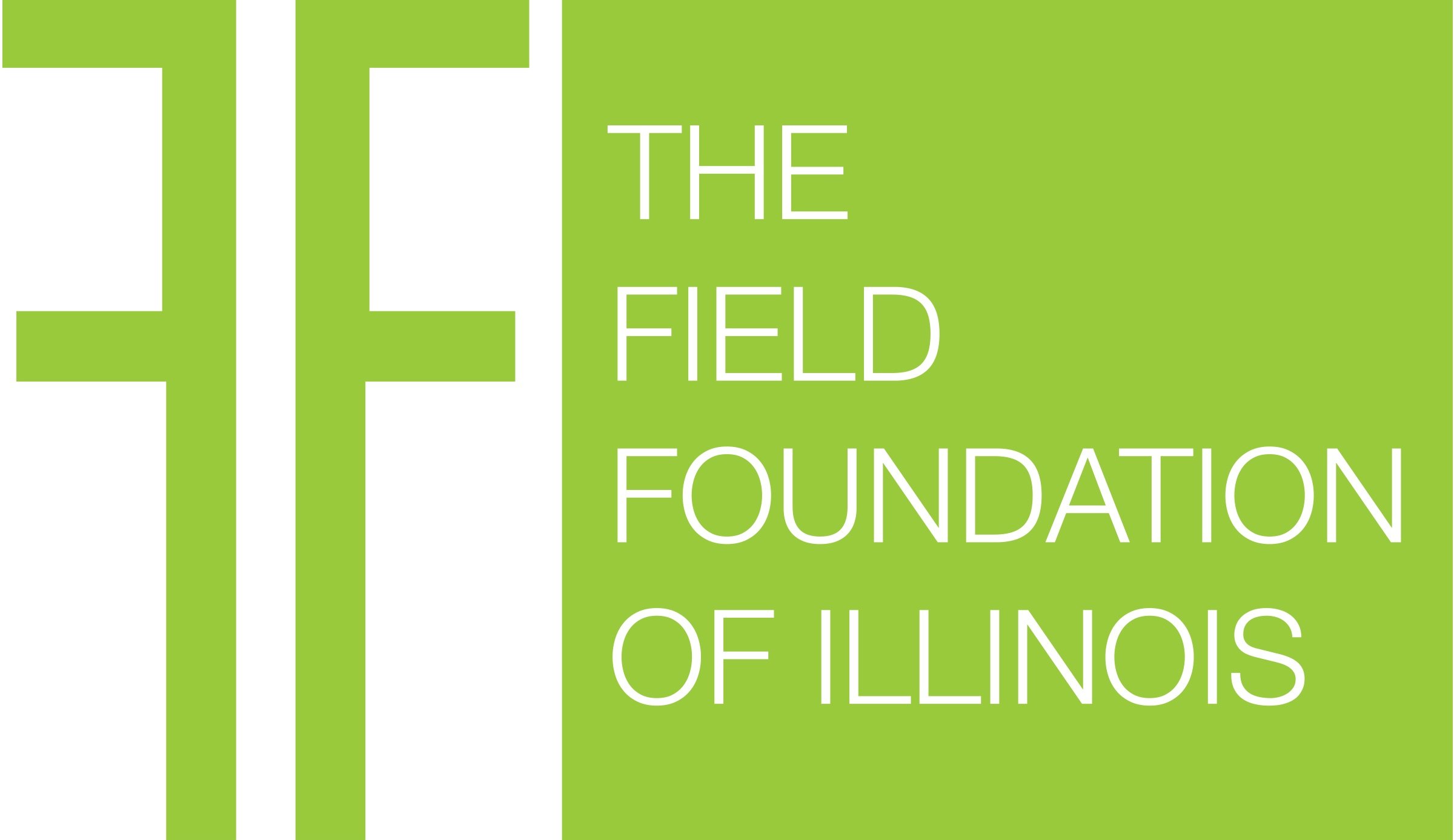A Conversation With Director Éva Patkó
/For a second production, director of Penelope, O Penelope Éva Patkó returns to Chicago and returns to Theatre Y.
AD - How did you get connected with Theatre Y?
ÉP - In 2005 Melissa and her team came to Romania and saw the opening of my dissertation performance. It was called The Escape by András Visky and was my first big work in theatre. It was also my first collaboration with Zsolt Lang, our dramaturg. Melissa liked it very much, and afterwards said that she wanted to work together. Since then they visited Romania again, I visited the United States, and then there was Porn and we started to work on the show, first we rehearsed in Romania, then here in Chicago.
AD - Can you describe your work in Romania?
ÉP - I teach and direct in different theatres in Romania, Hungary and wherever I’m invited and feel there’s a reason to go. It’s slowly expanding, which I love. I founded a theatre group at a high school while I studied at the University and worked with them for four years. That was a very important experience for me, we existed together as a team, even organized a huge festival together. I’ve also taught master classes at the Budapest Broadway Studio, which is an interesting event every year. It’s a very intense eight to twelve hours per day acting workshop for students wanting to become actors.
When I came back to Romania from the United States after living and studying here for one year I started to teach at the University of Arts in Targu Mures, Romania.
AD - When did Theatre Y reach out to you about directing Penelope? In other words - how did you get here?
ÉP - In 2014 they visited Romania as they were preparing for Happy Days; then we talked about working together in 2016 or 2017. But after a few months Melissa contacted me and said, “I have a play for you.” I read Penelope, O Penelope in French and it immediately attached to me or I attached to it. This is very rare when you don’t find the text, but it finds you. And this text found me. So, I said yes.
AD - But it was less than a year ago that she even visited?
ÉP - It was less than even a year ago when we spoke in Romania, and at that time there was no Penelope on the horizon. The process for me coming over to direct this show happened very fast.
AD - After observing and analyzing the rehearsals, what I’ve wondered most is how much of the stage direction is your ideas and how much is from Abkarian –
ÉP - Abkarian doesn’t really give stage directions.
AD - So none? Abkarian gives no stage directions?
ÉP - He gives the freedom to interpret, his poetic text is an invitation to create around it a world where the characters do whatever we want them to do. But the minimal stage directions he gives are very important as they concretize the location of the scenes.
AD - Okay, so then what is your interpretation process like? How do we get from just the text – without stage direction – to flying rats and Argentine tango, which we now see in the production?
ÉP - (Laughing) Well, it’s a process where you let your brain react to whatever happens to it when you first read the text. But it’s not only the brain, it’s the whole system: the heart, the soul, all your past, and all the future. If you let it, the system starts to react and a world is built upon whatever is written.
For example, I had a lot of trouble finding music for the show. I searched and listened and kept feeling, No this isn’t it. But what is it? I made myself forget about it for a while, until one morning I woke up and thought, Of course! It’s Argentinian tango!
Every director, every creator, has his own method of how to create; there’s no recipe. But if I don’t first see images when I first read a text, I don’t do it. And with Penelope images just bombed my mind. The images I get at the first reading are very important; those are the basis for which the universe is created.
AD - How do you take the images – the universe that’s coming together – and as the director guide the cast and crew to not just enter the universe, but to enter and expand it?
ÉP - I process all impulses from the creative team. For me, it’s important to know point A and point B, but the whole magic is to let the road open so that we get to point B together. It’s only together that we can do this.
And I love that when an actor offers something everything can be reshaped. For example, Daiva and I only discussed that Nuritsa would have a cigarette and little heels. We talked about the role and the relationships, but not yet about the way her body would move. And the way she started to move at the first rehearsal shaped all of Nuritsa; this is a “you give, I give” process.
AD - You’ve said that you won’t travel for and commit to a project unless you feel that it’s worth it. So what about Penelope is worth it?
ÉP - For me, it’s love: the way Abkarian talks about love. It’s the way he uses humor and the way he questions everything. That’s what I love: he questions everything. He builds on axioms that we all know and then questions them. That’s how the show talks about love, by showing opposites. When we look into this universe it’s deserted, it has danger and fears. But love has all these things, too.
The way he can talk about these basic human conditions – love, fidelity, revenge – immediately attracted me. It’s all very connected to who we are; it’s very human to have this kind of dialogue.
AD - What do you think is particularly unique to doing this production with Theatre Y?
ÉP - International partnerships are always two-edged. Since we come from different theatre backgrounds and speak different languages, we must be attentive to one another; communication is not a given, it takes work. There is a necessity to constantly take care of and understand each other, which makes the work more tied together and the process more whole. We need to be tuned to one another.
AD - How has production for Penelope been?
ÉP - Having a team with a unified goal means that you’re not alone. I think we have a rarely good cast and a great supporting team. It’s very important to feel that everyone working on the show wants to be here. There’s a lot of positive energy surrounding this work. And because of that we have the luxury of being vulnerable to create and exist together, to agree, disagree, all these.
AD - So we’ve have a French script, performed in American-English, with a director from Romania?
ÉP - …Who is Hungarian. So, there you go! Yes, I think that sums it up.
